Your basket is currently empty!
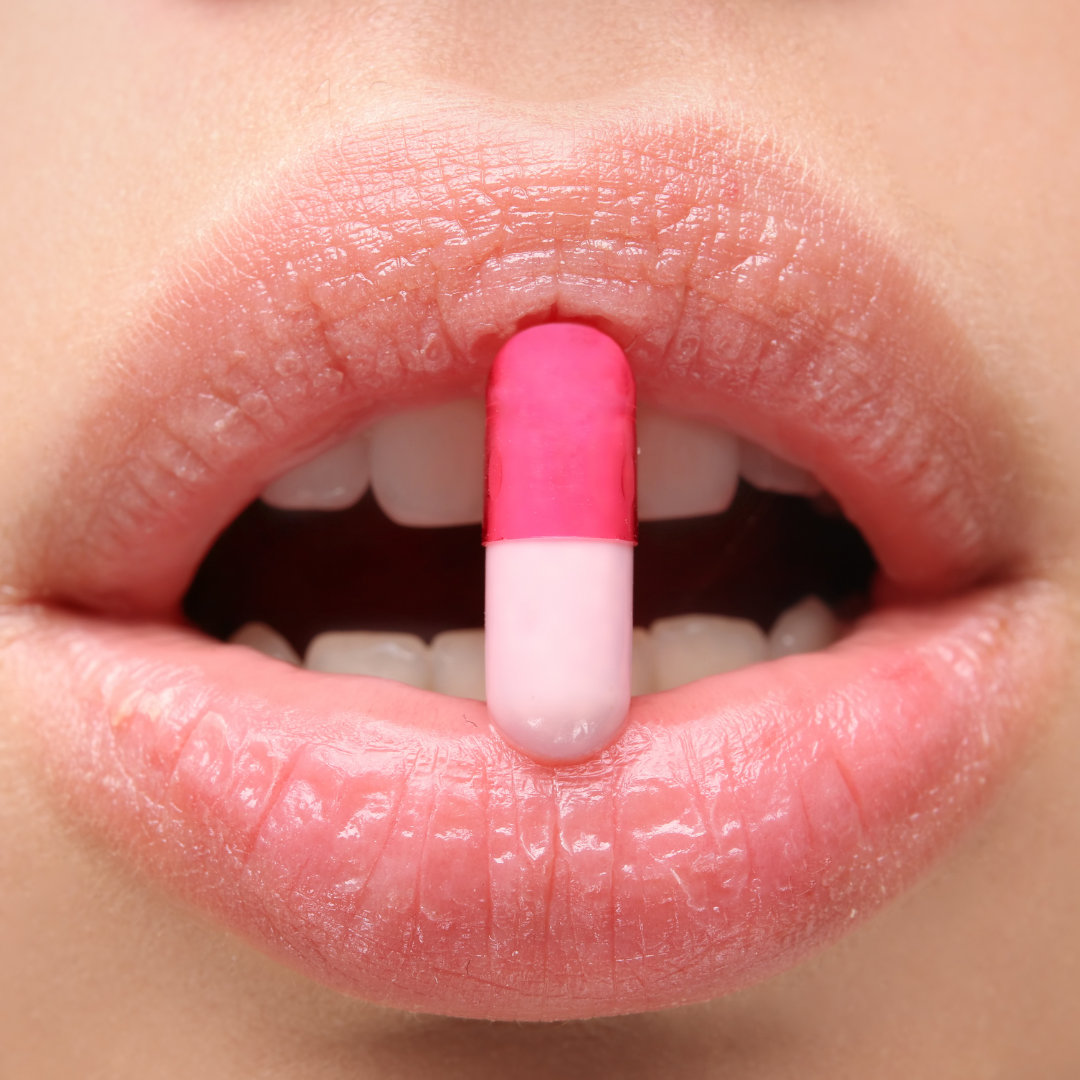
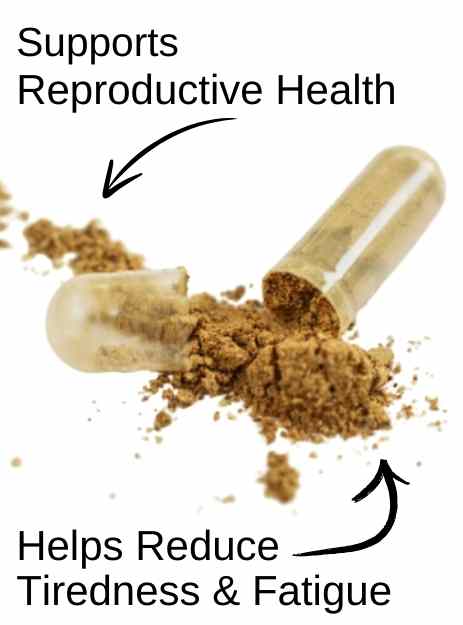
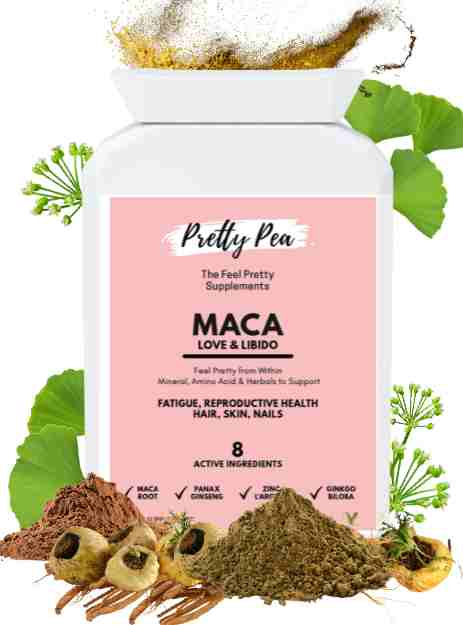
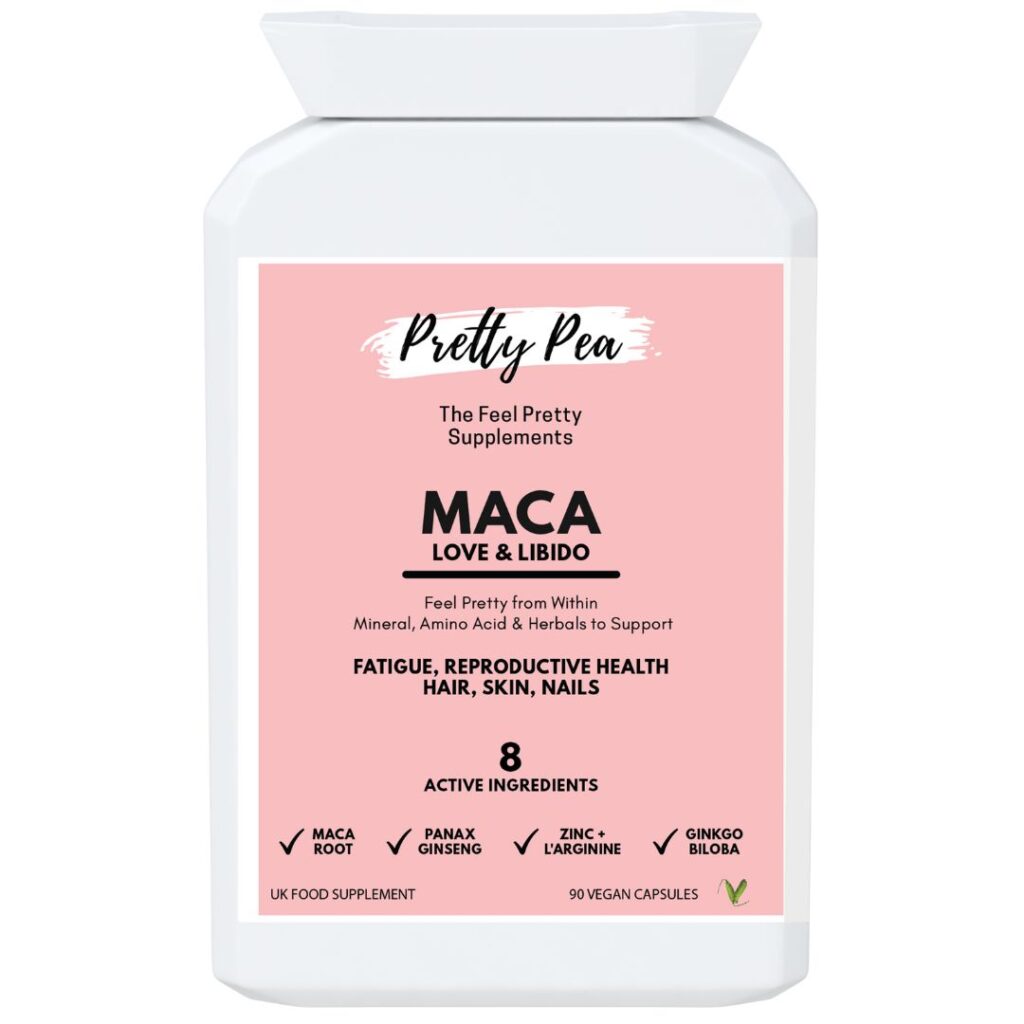
Maca Supplement
HERBAL LOVE
£25.99
A specialist Maca supplement with synergistic traditionally loved herbals & minerals to contributes to normal:
Fertility & Reproduction
Heart Health
Reduce Tiredness & Fatigue
Testosterone Blood Levels
Hair, Skin, Nails, Bones & Vision



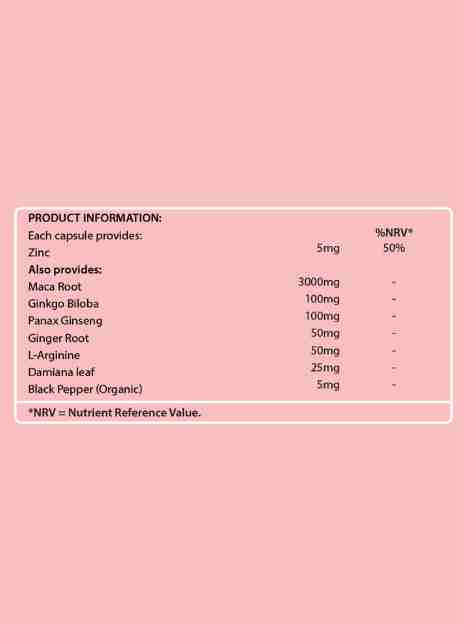
FEELING PRETTY LOVED STARTS FROM WITHIN
Love & Libido

For Men & Women
Contributes to normal Testosterone Levels

Traditional Herbals
Traditionally used Love & Libido Herbals

Energy Levels
Reduce Tiredness & Fatigue
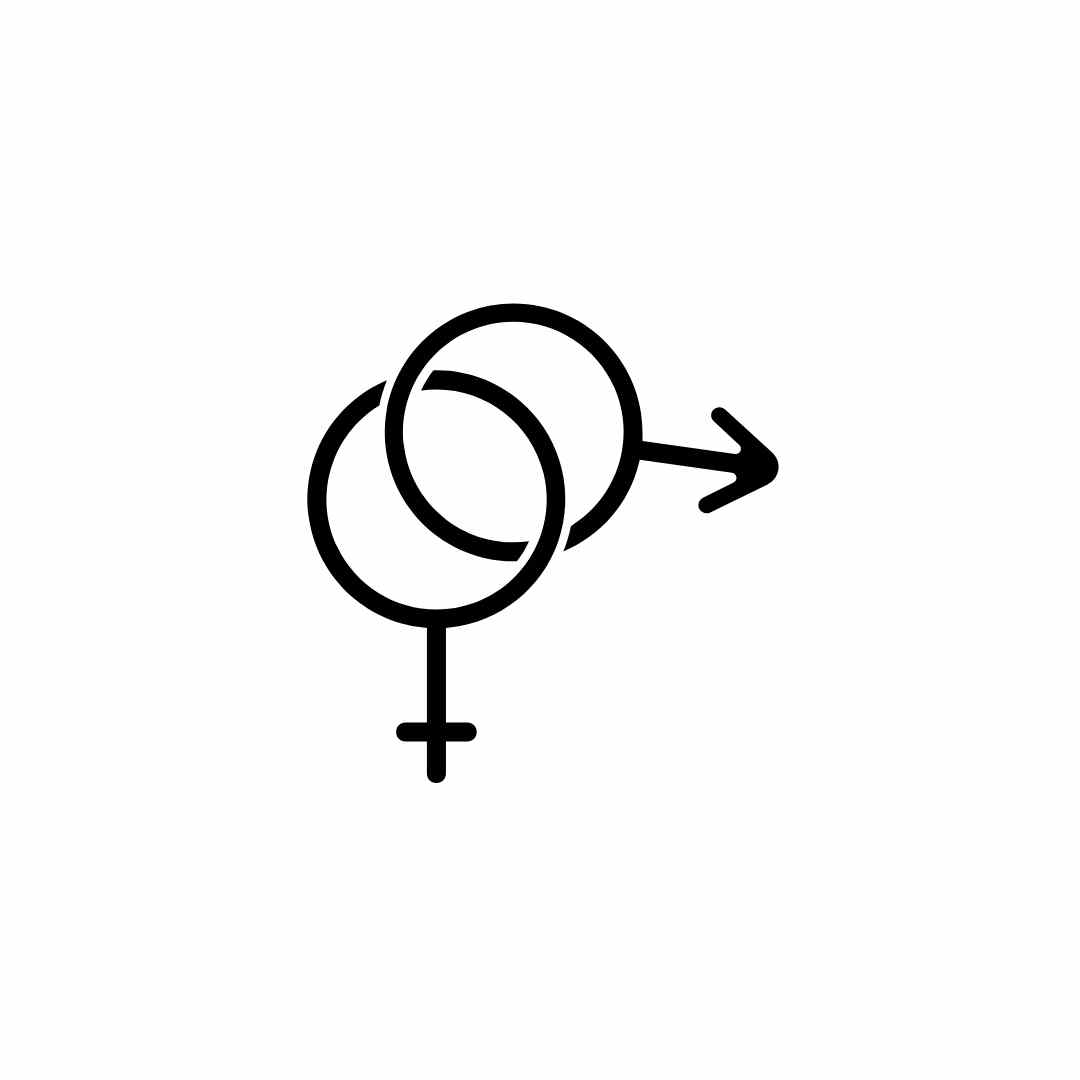
Fertility & Reproduction
Contributes to normal Fertility & Reproductive Health
Maca Love Benefits
Maca Benefits
+
Maca Love combines popular adaptogen maca root with traditionally loved herbals with synergistic amino acid & minerals to support matters of the heart including hormone balance, fertility & reproduction and energy levels.
How many servings
+
Contains 90 Vegan Easy Take Capsules
How to use
+
Take 1 capsule, 1 to 3 times per day or as required.
What’s Inside?
Maca Root
Cultivated for at least 2000 years, Maca (Lepidium meyenii) is a plant of the brassica (mustard) family native to the Andes.
As an adaptogen, Maca helps bring the body into balance, balancing the body’s stress response and has been used for centuries for female hormone balance.
The maca plant has traditionally been used to:
Enhance fertility
Boost sex drive (in both men and women)
Improve energy and stamina
Help balance the body and adapt in times of stress
Functional Food Maca
Maca has emerged as a popular functional food due to its various claimed health effects. Highly nutritious Maca is often referred to as a superfood.
Maca is rich in fibre, a large number of essential amino acids, fatty acids and other nutrients, including vitamin C, copper, iron and calcium.
Besides these essential nutrients, Maca root also contains bioactive compounds, non-starch polysaccharides, polyphenols, sterols, macaenes, macamides, glucosinolates, and alkaloids all beneficial to the human body.
Diverse health effects
The various bioactivities of Maca include:
Enhanced Reproductive Health
Anti-fatigue
Antioxidation
Neuroprotection
Antimicrobial activity
Anticancer
Hepatoprotection
Immunomodulation
Improving skin health
Digestive system’s function
Numerous studies suggested that Maca’s versatility may also support:
Resisting oxidation
Fatigue resistance
Fertility
Endocrine regulation
Enhancing immunity
Tumour suppression
Treating osteoporosis
Regulate blood sugar
Nervous system protection
Metabolic regulation
Gastrointestinal health
Cardio protection
Anti-hypertensive activity
Muscle growth
Hepatoprotection
Antithrombotic properties
Antiallergic activity
Maca and Sexual desire
A 2010 review of clinical studies, found evidence that Maca improves sexual desire after at least six weeks of ingestion.
Maca’s Nootropic effect
In vitro and in vivo experiments have revealed various Maca’s nootropic effects, such as memory and learning enhancement, reduced fatigue, and neuro-protective activity.
The studies conducted demonstrated Maca’s enormous potential.
Maca & Menopause symptoms
Maca has been studied to assess the evidence for and against the effectiveness of the Maca plant as a treatment for menopause symptoms.
Randomised controlled trials (RCT’s) tested the effects of Maca on menopausal symptoms in healthy perimenopausal, early postmenopausal, and late postmenopausal women and found favourable effects of Maca.
A 12 week study of post menopause women found that Maca can improve symptoms of menopause.
Menopause symptoms were assessed on The Greene Climacteric Scale which revealed a significant reduction in the areas of psychological symptoms, including anxiety and depression and sexual dysfunction after Maca consumption (3.5 g/d)
This was independent of estrogenic and androgenic activity as no differences were seen in serum concentrations of estradiol, follicle-stimulating hormone, luteinizing hormone, and sex hormone-binding globulin.
Ginkgo Biloba
+
Ginkgo biloba, the tree that time forgot, is an enigmatic living fossil. Ginkgo biloba existing on earth for over 200 million years and with almost no morphological change.
This species is so hardy that one tree even survived the atomic bomb explosion in Hiroshima, so the Japanese consider ginkgo a symbol of hope.
With millions of years of history, it’s now among the most sold medicinal plants in the world.
Ginkgo has been used for medicinal purposes for centuries. In the 10th century, Chinese monks began planting ginkgo in monastery gardens and chewing its leaves to keep them mentally alert.
Ginkgo’s health benefits are thought to come from its high antioxidant and anti-inflammatory properties.
It’s also known to increase blood flow by dilating blood vessels, play a role in how neurotransmitters in the brain operate and help relieve premenstrual syndrome (PMS) symptoms.
Studies showed that Ginkgo Biloba can:
Improve Memory, Cognition, Memory scores, Psychopathology, and the Quality of life of patients
Improve Cerebral Blood flow supply, Executive function, Attention/Concentration, Non-verbal Memory and Mood
Decrease Stress
Decrease Fasting serum Glucose, Glycated hemoglobin & Insulin levels
Decrease Body Mass Index
Decrease Waist Circumference
Decrease Biomarkers of Oxidative Stress
Stability and progression of Atherosclerotic Plaques
Decrease Inflammation
Studies show that the use of Ginkgo biloba can provide benefits in the prevention and treatment of aging-related conditions, such as neurodegenerative disorders, metabolic syndrome and cardiovascular diseases.
Ginkgo’s main bioactive constituents are considered responsible for the pharmacological activities.
It’s secondary metabolites include terpenoids, polyphenols, allyl phenols, organic acids, carbohydrates, fatty acids and lipids, inorganic salts and amino acids.
The potential health benefits of biflavonoids from ginkgo suggest it includes these properties:
Antioxidant
Anticancer
Antiviral
Antibacterial
Antifungal
Anti-inflammatory
Panax Ginseng
+
Going back to ancient times, Panax ginseng has been used to increase energy and stamina and boost the immune system.
Commonly called ginseng, which in Korean means ‘the root of life,’ it’s an ancient part of the East Asian traditional medicine. It was imported into Europe at the beginning of the 9th century.
In the 18th century, it was sold in pharmacies as a medicine to preserve health and youth, and especially as an aphrodisiac. The price was calculated according to the dry or fresh weight and often amounted to three or more times its weight in silver or gold.
Due to the similar shape of its root to the human body, it was ascribed a miraculous power and was sometimes worn as a talisman. Ginseng root extract still maintains its premier place among plant drugs in traditional medicine.
The genus name, Panax, comes from the Greek words pan, which means ‘everything,’ and akos, meaning ‘medicine.’
Ginseng health benefits have been demonstrated in clinical studies in various fields and has shown the following properties:
Aphrodisiac
Anti-inflammatory
Anticancer (lung, liver, intestine & stomach)
Antidiabetic
Cardioprotective
Gastroprotective
Antiamnestic
Antioxidative (heart & kidney)
Ginseng’s Bioactive Substances
Ginseng root contains a wide range of biologically active substances, namely polysaccharides, essential oils, amino acids (tyrosine, leucine, serine, and arginine), peptides, flavonoids, minerals, vitamins (B1, B2, B12, and C), triterpenoids and saponins, referred to as ginsenosides (or more appropriately panaxosides). Panaxosides are the major pharmacologically active compounds.
Minerals in Ginseng
potassium
phosphorus
calcium
sodium
iron
sulfur
aluminum
silicon
manganese
magnesium
barium
titanium
strontium
Damiana Leaf
+
Damiana’s (Turnera diffusa) use as an herbal remedy predates written history with indigenous cultures using it as an aphrodisiac and bladder tonic.
From Mexico it’s described as having powerful influence over the urino-genital organs of both sexes.
Turnera‘s biological activity has been widely studied with promising pharmacological effects reported as being:
Aphrodisiac
Antioxidant
Hepatoprotective
Neuroprotective
Hypoglycemic
Ginger Root
+
Ginger is from the cardamom and turmeric plant family with powerful medicinal properties.
As well as its better known beneficial effects on oxidative stress, inflammation and digestion, ginger also has a reputation as an aphrodisiac that can be traced back to the first century AD (when physician Dioscorides recommended ginger for stimulating the reproductive organs).
Today, many cultures across the world, continue to use ginger to boost libido.
Ginger Benefits
The medicinal, chemical, and pharmacological properties of ginger have been extensively reviewed.
It’s main bioactive compound, Gingerol, has powerful anti-inflammatory and antioxidant effects and responsible for many of it’s medicinal properties.
Ginger has a long history of use traditional and alternative medicine and is typically known for:
Calming remedy for indigestion, nausea, and upset stomach;
Help fight the flu and common cold;
Fight inflammation and gastrointestinal ailments;
Pain-relieving effects;
Relieve headaches and migraine
Ginger and Weight Loss
Ginger may also play a role in weight loss. According to studies, Ginger has positive effects on weight control, obesity prevention, and energy metabolism.
A 2019 review found that ginger supplementation significantly reduced body weight, the waist-hip ratio, and the hip ratio in people with overweight or obesity.
Black Pepper
+
Black pepper (Piper nigrum) is one of the most widely used spices. Valued for its distinct biting quality attributed to the alkaloid, Piperine. Black pepper helps potentiate the absorption and effect of the other herbal ingredients for a more effective supplement.
Black pepper is used for medicinal and health-promoting effects with many physiological effects being reported.
Studies show Piperine has several health benefits, especially against chronic diseases, such as reduction of insulin-resistance and anti-inflammatory effects.
Various in vitro and in vivo experimental trials show Piperine’s numerous pharmacological effects including:
Antiproliferative
Antitumor
Antiangiogenesis
Antioxidant
Anti-diabetic
Anti-Obesity
Cardioprotective
Anti-microbial
Anti-Aging
Immunomodulatory effects
Furthermore, Piperine has also been documented to be:
Hepatoprotective
Anti-Allergic
Anti-Inflammatory
Neuroprotective
Increased Bio-Availability & Absorption
With the Pretty Pea promise to bring you the best womens supplements possible, the inclusion of Piperine increases the absorption and utilisation of the other nutrients in this Maca supplement.
Piperine is known to enhance the bioavailability of a number of therapeutic drugs and phytochemicals (herbals).
Piperine’s bioavailability enhancing property being partly attributed to increased absorption.
Piperine favourably stimulates the digestive enzymes enhancing digestive capacity and significantly reducing the gastrointestinal food transit time.
Zinc
+
Zinc is a mineral that contributes to normal:
Fertility and reproduction
Maintenance of Testosterone levels in the blood
Maintenance of normal Bones, Vision, Hair, Nails and Skin
Immune Function
DNA synthesis & protein synthesis
Macronutrient, carbohydrate & fatty acid metabolism
Cognitive function
Metabolism of vitamin A
Protection of cells from oxidative stress
Has a role in the process of cell division
L-Arginine
+
L-Arginine is an amino acid that helps make proteins.
L-Arginine is the precursor of nitric oxide (NO), a messenger molecule involved in the heart (vascular) system, crucial for protecting the heart against cellular injury or death.
Nitric Oxide & Heart Health
NO is an important biologically active molecule involved in a multiple physiologic process, especially regulation of blood pressure and blood flow.
It is a potent dilator, NO, reduces systemic blood pressure, helping blood vessels relax, so more oxygen-rich blood can circulate through your arteries and around the body.
Safety & Contraindications
Results may vary from person to person.
Store in a cool dry place, out of the reach of children.
Best before date: see base of container.
Caution: Do not exceed the recommended daily intake.
Supplements should not be used as a substitute for a balanced and varied diet and healthy lifestyle.
Warning: Extracts from Maca might act like estrogen. If you have any condition that might be made worse by estrogen, do not use these extracts.
Always consult your doctor before taking any supplements or changing your diet.
As with all supplements, if you feel unwell, stop taking this product immediately and seek medical advice.
References
Medicinal effects of Peruvian maca (Lepidium meyenii): a review – PubMed (nih.gov)
Effect of Lepidium meyenii (MACA) on sexual desire and its absent relationship with serum testosterone levels in adult healthy men – PubMed (nih.gov)
Pharmacology of Herbal Sexual Enhancers: A Review of Psychiatric and Neurological Adverse Effects – PMC (nih.gov)
Damiana New Aphrodisiac – PMC (nih.gov)
Maca (Lepidium meyenii) for treatment of menopausal symptoms: A systematic review – PubMed (nih.gov)
Beneficial effects of Lepidium meyenii (Maca) on psychological symptoms and measures of sexual dysfunction in postmenopausal women are not related to estrogen or androgen content – PubMed (nih.gov)
[Research and application progress of Lepidium meyenii(maca)] – PubMed (nih.gov)
Chemical composition and health effects of maca (Lepidium meyenii) – PubMed (nih.gov)
Exploring the chemical and pharmacological variability of Lepidium meyenii: a comprehensive review of the effects of maca – PubMed (nih.gov)
Nootropic Herbs, Shrubs, and Trees as Potential Cognitive Enhancers – PubMed (nih.gov)
Ginkgo biloba: Trends in Genetics (cell.com)
Ginger on Human Health: A Comprehensive Systematic Review of 109 Randomized Controlled Trials – PMC (nih.gov)
Neuroprotective and Antioxidant Effect of Ginkgo biloba Extract Against AD and Other Neurological Disorders – PMC (nih.gov)
A randomized, placebo-controlled trial of Ginkgo biloba L. in treatment of premenstrual syndrome – PubMed (nih.gov)
[Value of standardized Ginkgo biloba extract (EGb 761) in the management of congestive symptoms of premenstrual syndrome] – PubMed (nih.gov)
Biflavonoids: Important Contributions to the Health Benefits of Ginkgo (Ginkgo biloba L.) – PMC (nih.gov)
Biology and chemistry of Ginkgo biloba – PubMed (nih.gov)
Ginkgo biloba in the Aging Process: A Narrative Review – PMC (nih.gov)
L-arginine and cardiovascular system – PubMed (nih.gov)
Cardiovascular effects of L-arginine as physiological precursor of nitric oxide – PubMed (nih.gov)
Zinc related health claims | EFSA (europa.eu)
Zinc related health claims | EFSA (europa.eu)
The Amazing and Mighty Ginger. In: Benzie IFF, Wachtel-Galor S, editors. Herbal Medicine: Biomolecular and Clinical Aspects. 2nd edition. Boca Raton (FL): CRC Press/Taylor & Francis; 2011. Chapter 7. Available from: https://www.ncbi.nlm.nih.gov/books/NBK92775/
Ballester P, Cerdá B, Arcusa R, Marhuenda J, Yamedjeu K, Zafrilla P. Effect of Ginger on Inflammatory Diseases. Molecules. 2022 Oct 25;27(21):7223. doi: 10.3390/molecules27217223. PMID: 36364048; PMCID: PMC9654013.
Anh NH, Kim SJ, Long NP, Min JE, Yoon YC, Lee EG, Kim M, Kim TJ, Yang YY, Son EY, Yoon SJ, Diem NC, Kim HM, Kwon SW. Ginger on Human Health: A Comprehensive Systematic Review of 109 Randomized Controlled Trials. Nutrients. 2020 Jan 6;12(1):157. doi: 10.3390/nu12010157. PMID: 31935866; PMCID: PMC7019938.
The effects of ginger intake on weight loss and metabolic profiles among overweight and obese subjects: A systematic review and meta-analysis of randomized controlled trials. Crit Rev Food Sci Nutr. 2019;59(11):1753-1766. doi: 10.1080/10408398.2018.1427044. Epub 2018 Feb 2. PMID: 29393665.
The effects of ginger intake on weight loss and metabolic profiles among overweight and obese subjects: A systematic review and meta-analysis of randomized controlled trials. Crit Rev Food Sci Nutr. 2019;59(11):1753-1766. doi: 10.1080/10408398.2018.1427044. Epub 2018 Feb 2. PMID: 29393665.
Does ginger supplementation lower blood pressure? A systematic review and meta-analysis of clinical trials. Phytother Res. 2019 Jun;33(6):1639-1647. doi: 10.1002/ptr.6362. Epub 2019 Apr 11. PMID: 30972845.
The effects of ginger supplementation on markers of inflammatory and oxidative stress: A systematic review and meta-analysis of clinical trials. Phytother Res. 2020 Aug;34(8):1723-1733. doi: 10.1002/ptr.6638. Epub 2020 Mar 8. PMID: 32147845.
Effect of ginger (Zingiber officinale) supplementation on oxidative stress parameters: A systematic review and meta-analysis. J Food Biochem. 2021 Feb;45(2):e13612. doi: 10.1111/jfbc.13612. Epub 2021 Jan 17. PMID: 33458848.
Bioactivity of the Genus Turnera: A Review of the Last 10 Years – PubMed (nih.gov)
Piperine: A review of its biological effects – PubMed (nih.gov)
Black pepper and its pungent principle-piperine: a review of diverse physiological effects – PubMed (nih.gov)
Piperine and Its Role in Chronic Diseases – PubMed (nih.gov)